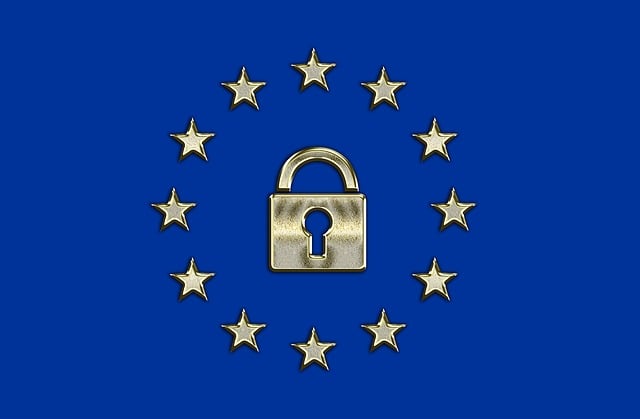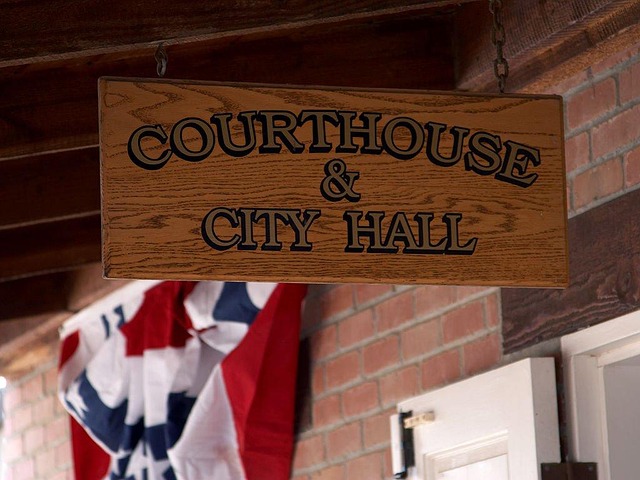Antitrust laws are crucial for promoting fair competition and protecting consumers from monopolistic practices. Businesses must adhere to these regulations to avoid legal issues, including high costs associated with defending against libel claims in antitrust violation cases. The process involves regulatory investigations, complaints, hearings, trials, and expert testimony. Case complexity, jurisdiction, and severity of violations impact defense costs. High-profile examples like Microsoft vs. DOJ show severe consequences for market abuse. Proactive compliance, general criminal defense strategies, and community engagement help mitigate risks, fostering ethical business practices in a regulated market environment while navigating complex legal landscapes.
Antitrust violation cases are a critical aspect of maintaining fair market competition. This article delves into the intricacies of antitrust laws, their purpose, and common violations. We explore the legal process, from initial investigations to trials, and delve into strategic defenses with associated costs. Additionally, real-world examples highlight the impact on businesses, offering valuable insights for navigating these complex cases. Understanding these dynamics is crucial for enterprises seeking to avoid or manage potential antitrust liabilities, including the significant cost to defend against libel claims.
- Understanding Antitrust Laws and Their Purpose
- Common Types of Antitrust Violation Cases
- The Legal Process: From Investigation to Trial
- Defending Against Charges: Strategies and Costs
- Real-World Examples and Their Impact on Businesses
Understanding Antitrust Laws and Their Purpose

Antitrust laws are designed to promote fair competition in the market and protect consumers from monopolistic practices. These laws aim to ensure that businesses operate within ethical boundaries, preventing them from engaging in anti-competitive behavior such as price fixing, market division, or abusing dominant market positions. Understanding these regulations is crucial for companies to avoid potential legal pitfalls.
The purpose of antitrust legislation is not only to penalize wrongdoers but also to foster a robust and competitive business environment. While the cost to defend against a libel claim can be significant, businesses must recognize that adhering to antitrust laws is essential. Winning challenging defense verdicts or avoiding indictment through proactive measures can save companies substantial legal fees and reputational damage in the long run, especially when compared to potential penalties for antitrust violations.
Common Types of Antitrust Violation Cases

Antitrust violation cases encompass a range of legal issues aimed at promoting fair competition in the marketplace. One of the most prevalent types involves price-fixing, where businesses collude to set prices, suppressing competition and ultimately harming consumers. These cases often involve complex networks of companies and individuals, making it crucial for defendants to have robust legal strategies from the outset.
Another common category is market division, where companies illegally segment customers or geographic regions to prevent competition. This strategy can lead to higher prices and limited choices for consumers. Defending against such allegations can be challenging, especially with the evolving nature of business practices. The cost to defend against a libel claim in these cases may be substantial, considering the extensive investigative work and legal expertise required during all stages of the respective business’s investigative and enforcement process, from initial inquiries to potential trials.
The Legal Process: From Investigation to Trial

The legal process surrounding antitrust violation cases involves a series of intricate steps designed to ensure fairness and justice in the marketplace. It begins with an initial investigation by regulatory bodies, such as the Federal Trade Commission (FTC) or the Department of Justice (DOJ), into suspected anti-competitive practices. This phase includes gathering evidence, interviewing witnesses, and analyzing market data to determine if a violation has occurred. Once sufficient evidence is uncovered, the agency issues a complaint, formally initiating legal proceedings against the alleged violators.
The case then proceeds through all stages of the investigative and enforcement process, including pretrial hearings, where both sides present their arguments and evidence. If the case reaches trial, it often involves complex legal arguments, expert testimony, and, in many instances, jury trials. The cost to defend against a libel claim in such cases can be substantial, reflecting the high stakes involved. Throughout this process, defendants face the challenge of navigating white-collar and economic crimes, ensuring they comply with regulatory requirements, and presenting a robust defense strategy.
Defending Against Charges: Strategies and Costs

When facing antitrust violation charges, companies often find themselves in a complex legal battle. Defending against such allegations can be an intricate and costly process, requiring specialized expertise in competition law. The primary goal for any business is to navigate this challenge effectively, aiming for a complete dismissal of all charges. This strategy involves a multifaceted approach, including gathering robust evidence to disprove the alleged misconduct, constructing a solid legal defense, and often employing experienced attorneys who can orchestrate complex arguments on their behalf.
The cost to defend against these claims varies significantly based on several factors, such as the complexity of the case, the jurisdiction, and the severity of the alleged violations. White-collar and economic crimes cases tend to be intricate, demanding substantial resources for investigation, document review, expert opinions, and court appearances. Businesses must prepare for potential financial burdens, understanding that a successful defense may require investing in legal fees, consultant services, and other related expenses, ultimately impacting their respective business bottom line.
Real-World Examples and Their Impact on Businesses

In the real world, antitrust violation cases have profoundly impacted various businesses across different sectors. High-profile instances like the Microsoft vs. US Department of Justice case in 1998 highlighted the consequences of abusing market dominance, leading to significant fines and structural reforms. These cases serve as a stark reminder that failure to adhere to antitrust laws can result in not only substantial monetary penalties but also damage to a company’s reputation and long-term sustainability.
The cost to defend against libel claims in such high-stakes litigation is often exorbitant, straining the resources of even the largest corporations. Moreover, the impact extends beyond the immediate financial burden. Businesses may face reduced market share, loss of consumer trust, and disruption in their respective business operations. Fortunately, general criminal defense strategies, coupled with proactive measures to ensure compliance with antitrust regulations, can help mitigate these risks. Engaging with the philanthropic and political communities can also offer valuable insights into navigating such complex legal landscapes, ensuring that businesses operate fairly and ethically while fostering a competitive yet regulated market environment.
Antitrust violation cases are complex legal battles that demand a deep understanding of competition laws. From ensuring fair market practices to protecting consumers, these regulations play a pivotal role in maintaining a healthy business environment. Throughout this article, we’ve explored the intricacies of antitrust law, common violations, and the legal process involved. We’ve also delved into strategic defenses and the significant costs associated with defending against such charges, emphasizing the importance of proactive measures to mitigate risks. By examining real-world examples, readers gain valuable insights into the potential impact on businesses, underscoring the need for compliance and the far-reaching consequences of antitrust breaches.






